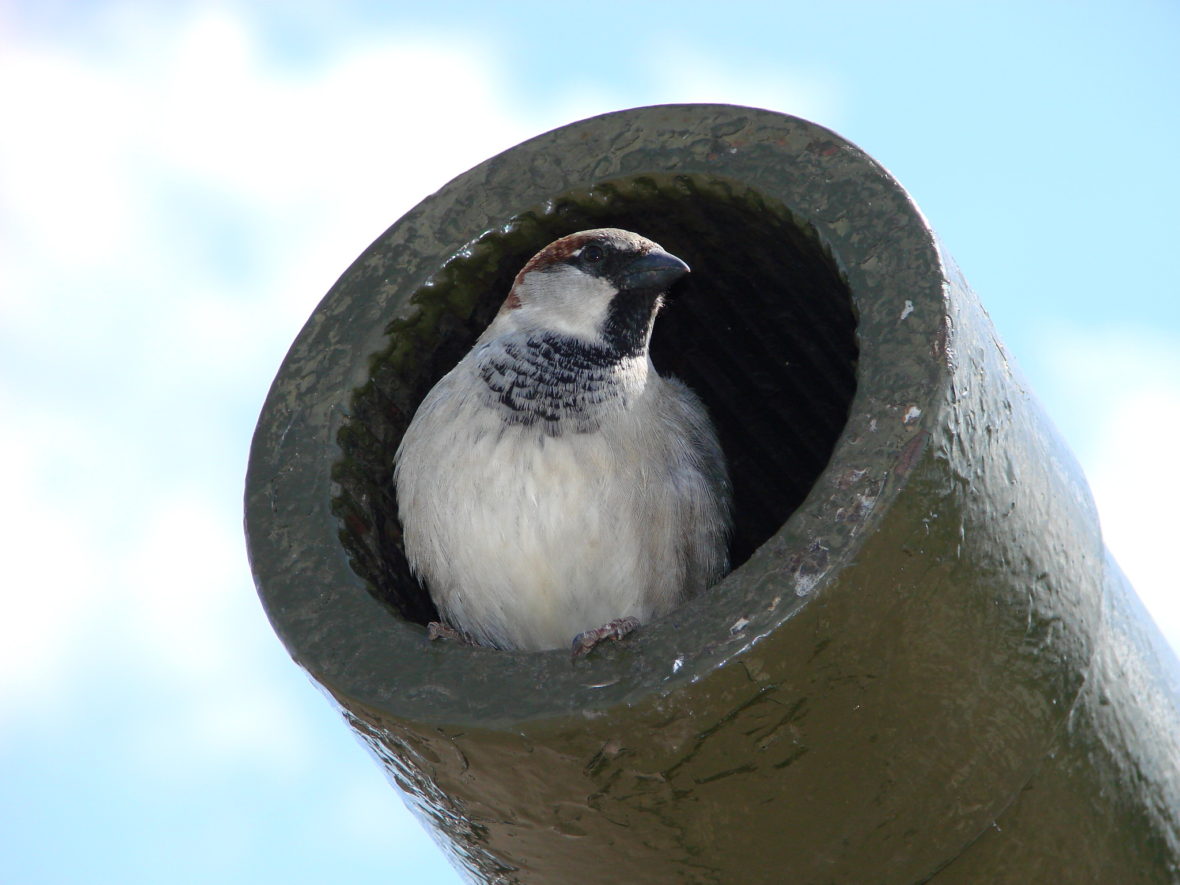It’s the 50th anniversary of Hanging Loose Press, which began in 1966 as Hanging Loose magazine, a journal that came unbound to your bookstore or mailbox in an envelope that doubled as a cover. This reflected budget constraints, but also the editors’ philosophy, which was, to quote from the HL website, “…that poetry is for now, not for the Ages. If you liked a poem, you could pin it to the wall. If you didn’t like a poem, you could use it as a napkin.” The press continues to be co-edited by Robert Hershon, Dick Lourie, and Mark Pawlak; Ron Schreiber, who died in 2004, was also a founding member of Alice James Books. Hanging Loose shares an open and generous curiosity towards all sorts of poetic practice, and has always been interested in diversity, including diversity of age—it began featuring high school writers in 1968, including early work by Joanna Fuhrman, Meghan O’Rourke and Rebecca Wolff. Perhaps best known for publishing the poetry of Sherman Alexie, the press maintains all its titles in print.
Reconnaissance is Mark Pawlak’s most recent collection of poems from Hanging Loose and his fifteenth book overall, including six anthologies of material he’s edited from the journal. As the title suggest, the book is an investigation of a series of territories, using the strategies of the pillow book, the journal, and the notes of a natural historian to capture their essence. His terrain includes Boston and Cambridge, Lubec and Quoddy Head; his method, as he quotes Denise Levertov, is to become “a pair of eyes…/walking and looking,/through the world,/in it.”
Pawlak doesn’t let the divide between city and countryside affect his way of looking. Just as one learns from the pine by going to the pine, one must go to the T to learn from the T. His poems about Cambridge and Boston are pastoral in their attention to urban ecosystems—sparrows, pigeons, banks of melting snow, a tree “keeping company with/bottle caps, glass shards”—and the local details of how we live with each other. His poems concern vendors, street musicians, commuters reading the Bible or loosening ties, comfortable insiders and uneasy outsiders, including citizens who are never generalized as “the homeless” but always presented as discrete individuals. They’re everywhere in book’s first section, as Pawlak reports what he sees; one sleeps under the bench— “two boot soles visible”—where a professor sips coffee; another “lies zippered up” in the “lumpy cocoon” of his down sleeping bag “with what chrysalis inside,/ dreaming of what flights?”.
If Pawlak uses images from nature to animate Harvard Square, he also appropriates language from the public sphere when writing about Maine. “Pine Pillow Book” incorporates sections of the WPA Guide for the Pine Tree State, as well as road signs, graveyard epitaphs, classified ads, and local newsbreaks. He parses Native American place names and common names for wildflowers, mushrooms, and insects. In one section, he narrates a tangy two-line drama, complete with character, plot, and existential wit: “Whatcha catchin’?”/”Mackerel, if they’d bite.” In Pawlak’s world, the line between individual and community—his solo “looking” and his neighbors’ talk—becomes the shortest distance between two points.
Some of my favorite poems are in “Natural Histories.” This sequence of four-liners embraces the spirit of Issa’s haiku: “Fly on windowsill/wringing its hands—/are fly worries/fly-size?” “Passer domesticus” uses the same four-line verse to sketch “six sparrows crowding my feeder;/six versions/of the same poem.” I’m also a fan of overheard dialogue shaped into poems like “News Hawker:” “Metro ain’t doin’ it,/Boston Now IS.//Givin’ away/one thousand dollars/every week!”//Is that too much money?/You don’t want my paper?/OK./Don’t take it!” Throughout Reconnaissance, Mark Pawlak fully articulates what he hears, as well as sees, in the texture of this painful, goofy, incandescent, rumpled world.
